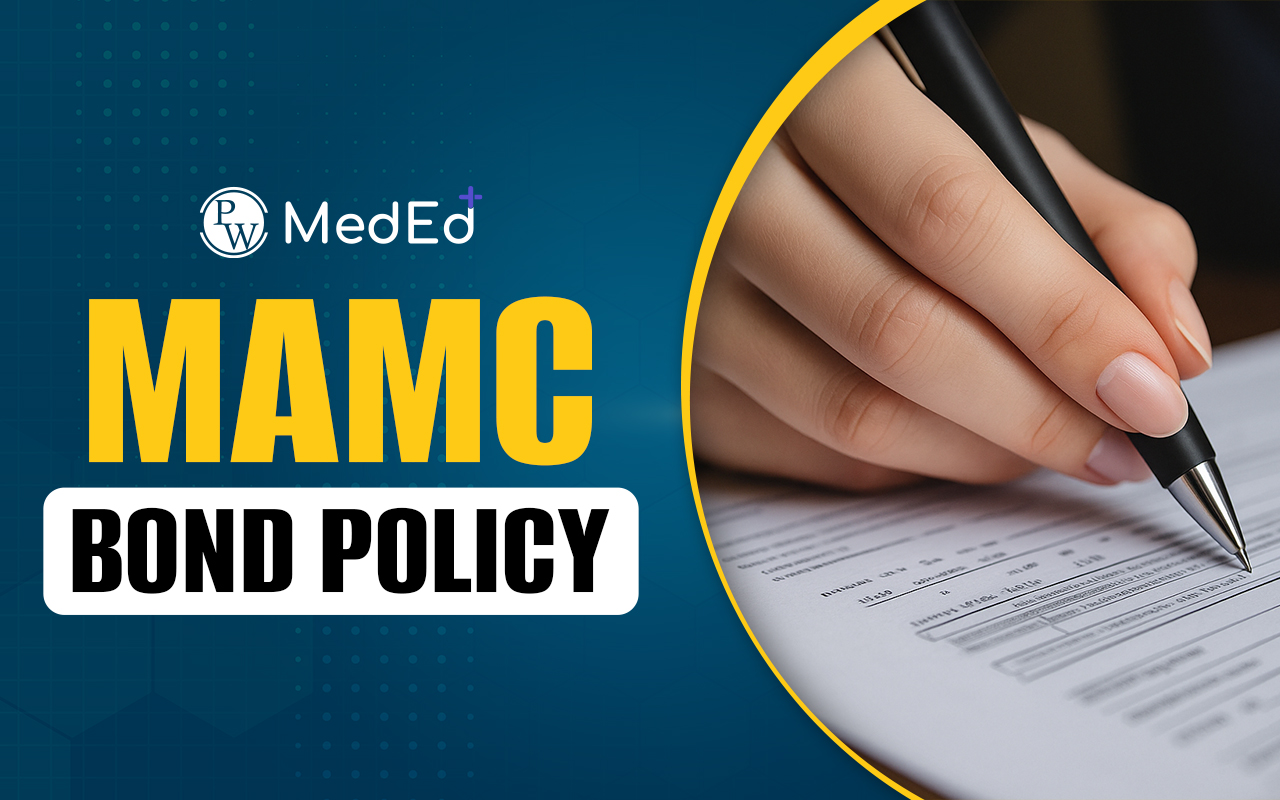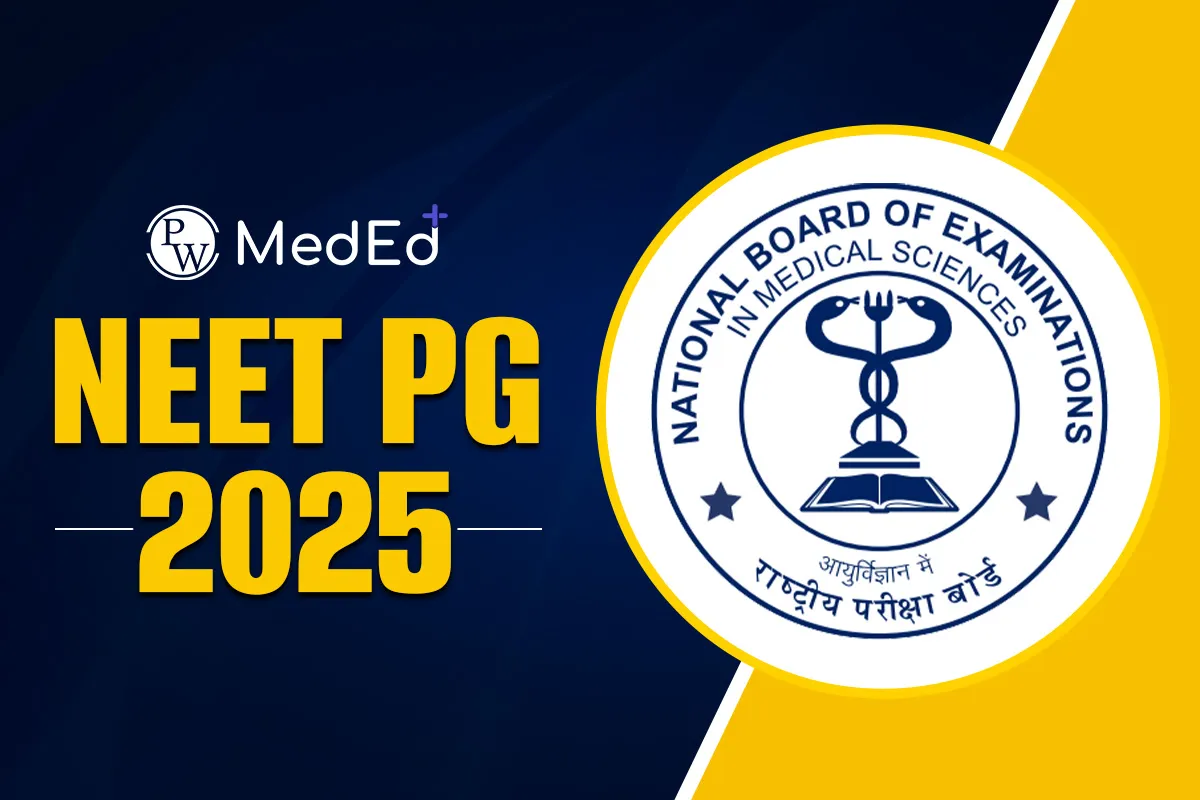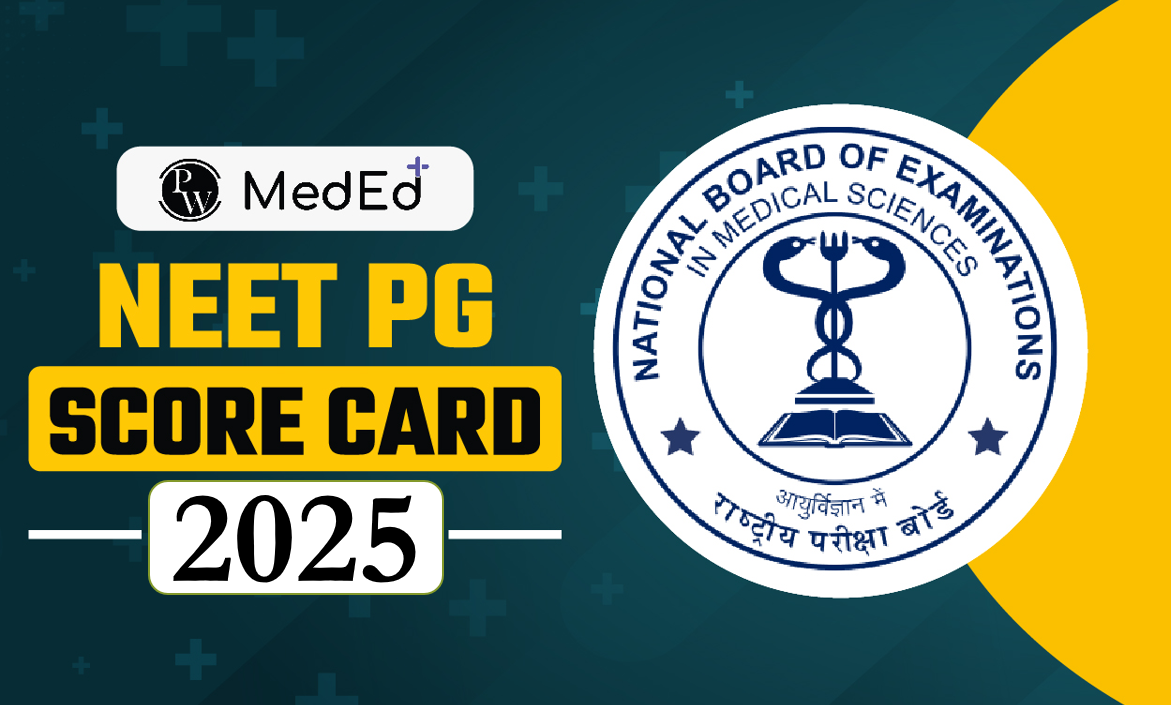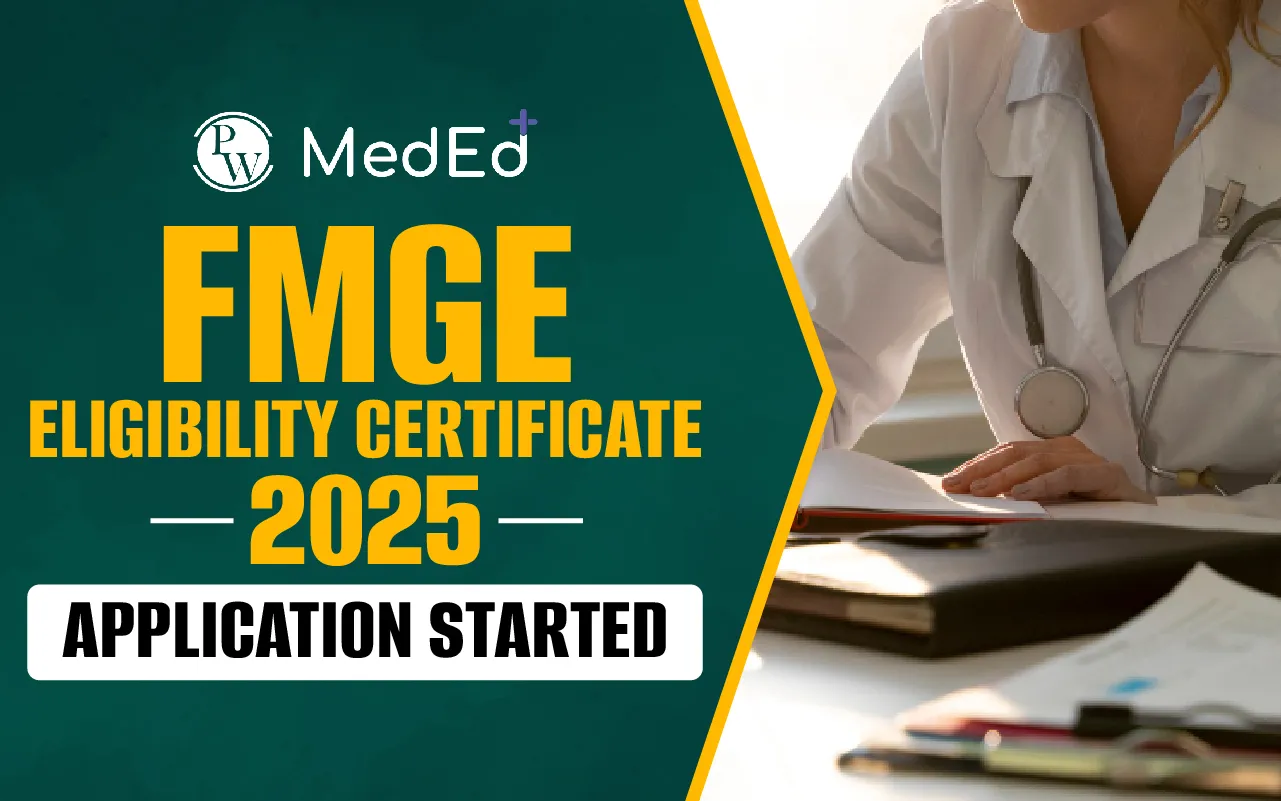What is Forensic Medicine?
Forensic Medicine is the part of medicine that deals with legal issues. It plays a big role in criminal investigations, especially when there are injuries, deaths, or accidents involved. Forensic experts, also called forensic pathologists, perform autopsies to figure out the cause of death and give expert opinions in court. They connect medicine with law by providing scientific evidence for legal cases.
Why is Forensic Medicine Important for NEET PG?
Forensic Medicine is an important subject in the NEET PG syllabus. It tests how well you understand how medicine and law work together. Questions about forensic medicine appear in both the theory and practical parts of the exam, and you may be asked to apply medical knowledge to legal situations. Knowing this subject well is key to doing well in the NEET PG exam.
Key Topics in Forensic Medicine for NEET PG
Here are some important topics in Forensic Medicine that NEET PG candidates should focus on:
-
Introduction to Forensic Medicine: This covers the basics, history, and role of medical professionals in the legal system.
-
Forensic Pathology: This is one of the most important areas. It involves studying how and why a person died, performing autopsies, and determining whether the death was accidental, natural, suicidal, or caused by murder.
-
Wound Ballistics: This focuses on how different weapons affect the body, which is important in cases of gunshot or stab wounds.
-
Post-mortem Changes: These are the changes that happen to a body after death, like rigor mortis and livor mortis, which can help estimate the time of death.
-
Toxicology: This is the study of poisons and drugs, which is important when poisoning is suspected.
-
Forensic Anthropology: This helps identify human remains, especially when the body is badly decomposed or damaged.
-
Legal Aspects of Medicine: This involves understanding how medicine connects with legal concepts like consent, negligence, and medical ethics.
-
Sexual Offenses and Forensic Evidence: This covers the medical and legal procedures used in cases of sexual assault, including how to collect and preserve evidence.
-
Medical Jurisprudence: This deals with the legal and ethical issues in medical practice, such as malpractice and the responsibilities of doctors in legal situations.
Visit – MedEd App
How to Prepare for Forensic Medicine for NEET PG
Forensic Medicine can seem overwhelming because it involves both medical and legal knowledge. But with the right approach, it becomes easier to study:
-
Focus on Important Topics: Prioritize key areas like forensic pathology, toxicology, post-mortem changes, and wound ballistics, which often appear in the exam.
-
Understand Key Concepts: Focus on understanding the core ideas, such as the cause of death, types of injuries, and ethics in forensic medicine. Once you get these, applying them to real cases becomes easier.
-
Use Visuals: Forensic Medicine involves a lot of visual learning, especially when it comes to injuries, changes after death, and toxicology. Using pictures and case study examples will help you remember better.
-
Practice Previous Year Papers: Going through past exam questions will give you an idea of the types of questions you’ll face, help with time management, and show you which topics are most important.
-
Revise Regularly: Regular revision is the key to mastering this subject. Make sure to go over the material multiple times to keep it fresh in your mind.
-
Take Mock Tests: Taking practice tests will help you see how well you’re doing and what areas you need to improve. It will also help you get better at managing your time during the real exam.
Forensic Medicine is a fascinating subject that connects medicine and law. It is an essential part of the NEET PG exam, and understanding areas like forensic pathology, post-mortem changes, toxicology, and medical law will not only help you perform well in the exam but also prepare you for a career in legal medicine. By following a structured study plan, focusing on key topics, and practicing past exam questions, you can confidently tackle this subject and do well in your exams.














